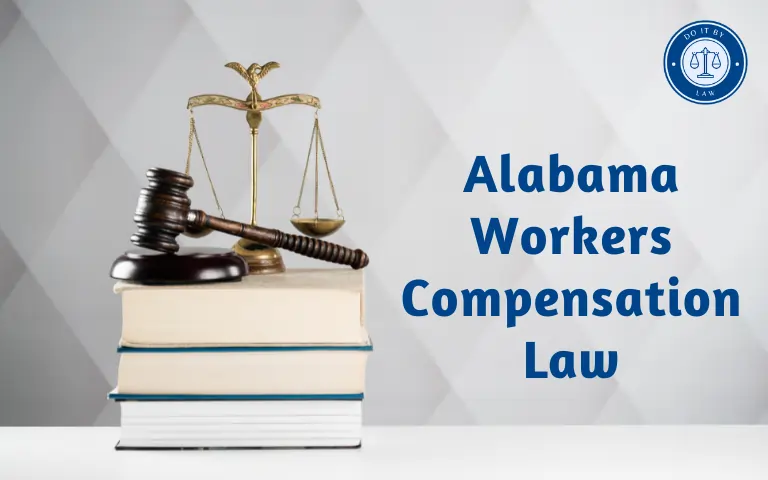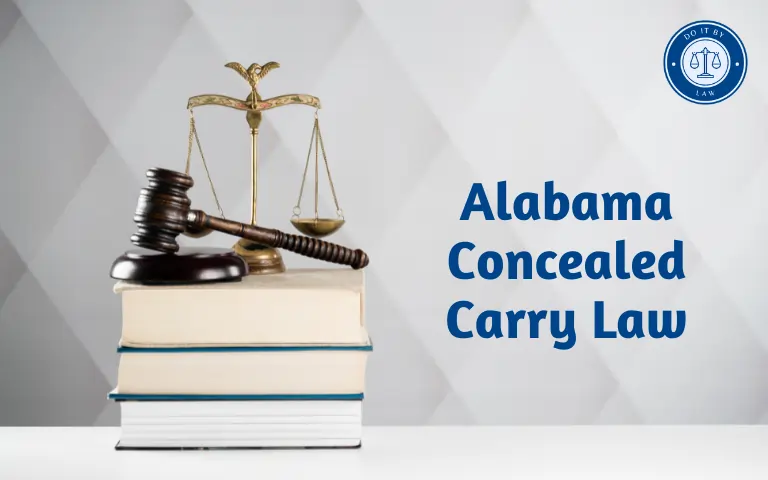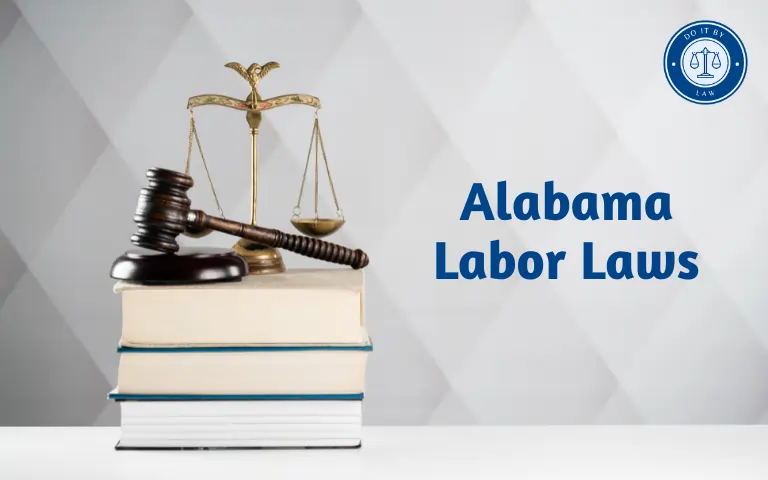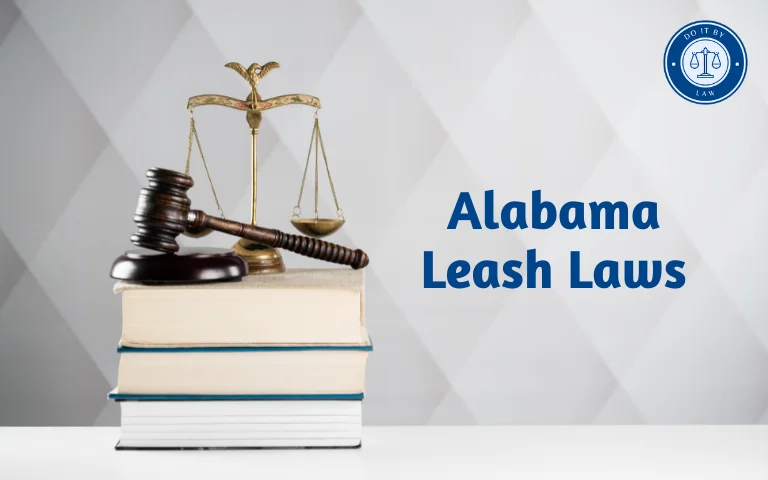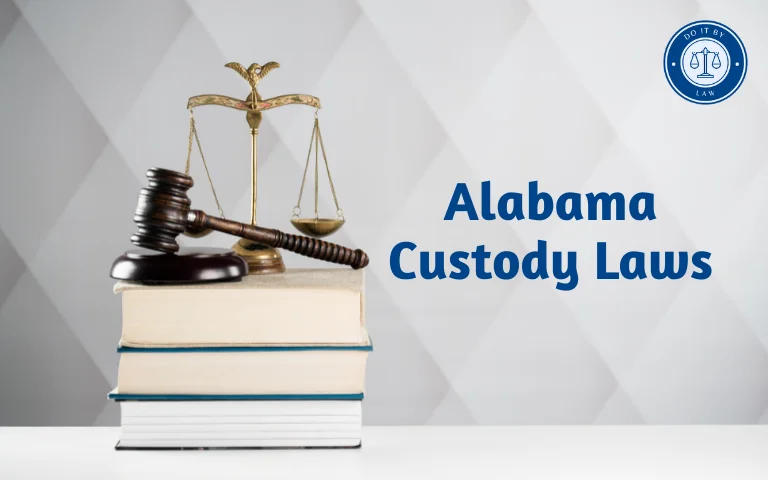Alabama Criminal Law: What You Need to Know
Alabama States has extensive statutes governing definitions of crimes and associated penalties that apply upon conviction. Like all states, laws evolve with legislative reforms and court rulings setting legal precedents. This article summarizes major aspects of Alabama Criminal Law framework as of December 2023.
When Were Key Alabama Criminal Laws Enacted and Why Do They Exist?
The early Alabama codes of 1852 established the foundations for criminal statutes aligned with other southern states at formation, using common law concepts from England. Key motivations included:
- Formally defining prohibited conduct falling under “malum in se” evil acts like murder versus regulatory crimes merely “malum prohibitum”.
- Establishing proportional punishments as deterrence balances crime harms and rehabilitation prospects.
- Ensuring fair notice to the public on rules of law encouraging compliance.
- Preventing arbitrary unchecked accusations without evidence thresholds, procedures, and appeals protections.
Developments over the last 200 years expanded precision and scope covering new threats, procedures, victim rights, and punishment terms using legislative statutes and court precedents. The motives remain balancing order, safety, punishment, and providing clear penal codes.
Who Do Alabama’s Criminal Laws Apply To?
Alabama’s criminal statutes apply to:
- Any person committing defined offenses within state jurisdiction boundaries regardless of resident status.
- Juveniles over age 14 face charges as adults depending on crime type per Alabama provisions.
- Legal entities like corporations are subject to limited criminal liabilities for acts of agents defined under business codes.
- Law enforcement agencies are tasked with arresting and assisting the prosecution.
- Courts adjudicate charges by applying criminal procedure rules.
- Corrections system housing or supervising misdemeanants and felons.
Residents traveling abroad remain subject to local laws there too while in another nation’s jurisdiction.
Key Provisions, Requirements, and Restrictions
- Offense Classes: Alabama categorizes crimes as misdemeanors, Class A-C felonies carrying prison terms up to life, and unclassified specialty felonies by statute.
- Fines: Set fine amount ranges and caps apply depending on the class and severity of offenses. Most minor misdemeanors start under $500 while serious felonies approach $60,000 caps.
- Incarceration Terms: Misdemeanors carry up to 1 year in jail usually, while imprisoned felons face a minimum of 1+ years in prison ranging up to life sentences for Class A convictions involving grave harm. Judges determine exact terms.
- Death Penalty: First-degree murder, kidnapping, and other limited offenses allow capital punishment following stringent procedures. All death sentences get automatic appeals.
- Defenses: Statutes recognize justifications like self-defense and insanity claims modifying convictions or sentences as affirmative defenses. Duress, entrapment, and diminished capacity may also apply situationally.
- Parole Potential: Despite set terms, most inmates demonstrate parole eligibility at defined percentages of their sentence completion contingent on prison behavior checks. However, restrictions and exclusions for certain violent offenders apply.
Review official criminal codes for current details on all offense definitions, scopes, and graded sentencing ranges.
What Are the Penalties for Violating Alabama Criminal Laws?
Convictions under Alabama’s criminal statutes trigger sentences with these key penalties:
- Fines: Monetary sanctions range from around $50 to $60,000 depending on the violation charged and severity factors.
- Probation: Community supervision lasting months to years instead of incarceration but with strict behavioral compliance terms.
- Jail: Typical sentences for misdemeanor crimes run up to 1 year per violation at county facilities.
- Prison: Felons face a minimum of 1+ years in state prisons ranging up to life sentences. Job restrictions after release.
- Death Penalty: Capital punishment remains authorized for certain grave first-degree felonies although applied infrequently in practice after appeals.
- Other Sanctions: Ancillary sentencing elements may encompass victim restitution, rehabilitation programming, community service, and registration requirements depending on the crimes.
Judges determine precise terms per guidelines at sentencing hearings considering aggravating and mitigating circumstances. Parole potential typically arises later at defined dates if incarcerated.
Recent Changes and Proposed Updates to Alabama Criminal Laws
Notable Alabama criminal law adjustments in 2022 included:
- Tightening code definitions of “physical injury” to enable more domestic violence harassment charges for coercive conduct that previously avoided charges.
- Eliminating marriage eligibility for teenagers under age 16 in all cases following controversies.
- Removing automatic restoration processes for some past felon voting rights.
2023 legislative proposals seek to:
- Add animal cruelty offenses as Class C penalties for neglect and abandonment cases.
- Increase identity theft sentences.
- Reduce penalties for minor marijuana possession cases.
- Shorten parole eligibility timeframes in line with other conservative southern states to manage prison overcrowding and costs.
But broader substantive recodification failed to gain traction despite Alabama’s antiquated framework versus modern model codes. Most reforms remain incremental presently.
Controversies, Debates, and Challenges Around Alabama Criminal Law
Alabama grapples with several criminal law disputes including:
- Disproportionate Minority Impacts: Racial sentencing disparities remain above average prompting bias criticisms and reform efforts to equip judges with risk diagnostic tools applicable more neutrally. However, concerns persist over predictive algorithm opacity.
- Dueling Sentencing Approaches: Debates continue between focusing sentences balancing retribution versus deterrence and rehabilitation models, further complicated by budget constraints.
- Overcrowding and Recidivism: Despite recent reductions in expanding parole and probation programs, overloaded prisons and repeat offense rates signal shortcomings in correcting root societal problems to curb violations effectively long-term pre and post-release.
- Technical Sentence Revisit Hurdles: Alabama lags adopting clear, fast redress pathways enabling remedial adjustments forses where original excessive terms get imposed arbitrarily counter to guidelines.
Most outside observers agree Alabama’s criminal law framework warrants extensive updates incorporating modern standards and knowledge for proportionality. But political and practical barriers persist.
Key Takeaways on Alabama Criminal Law
In summary, remember Alabama retains extensive criminal statutes with robust penalties spanning fines, lengthy incarceration ranges, and capital punishment upheld for severe first-degree felonies upon conviction. Recent modest modifications did little to modernize the underlying framework foundations now over 170 years old. Those accused face a strict penal regime offering limited flexible relief pathways for violations carrying steep sentences aimed at deterrence and retribution. Consulting defense lawyers remains vital for navigating dated rules.


